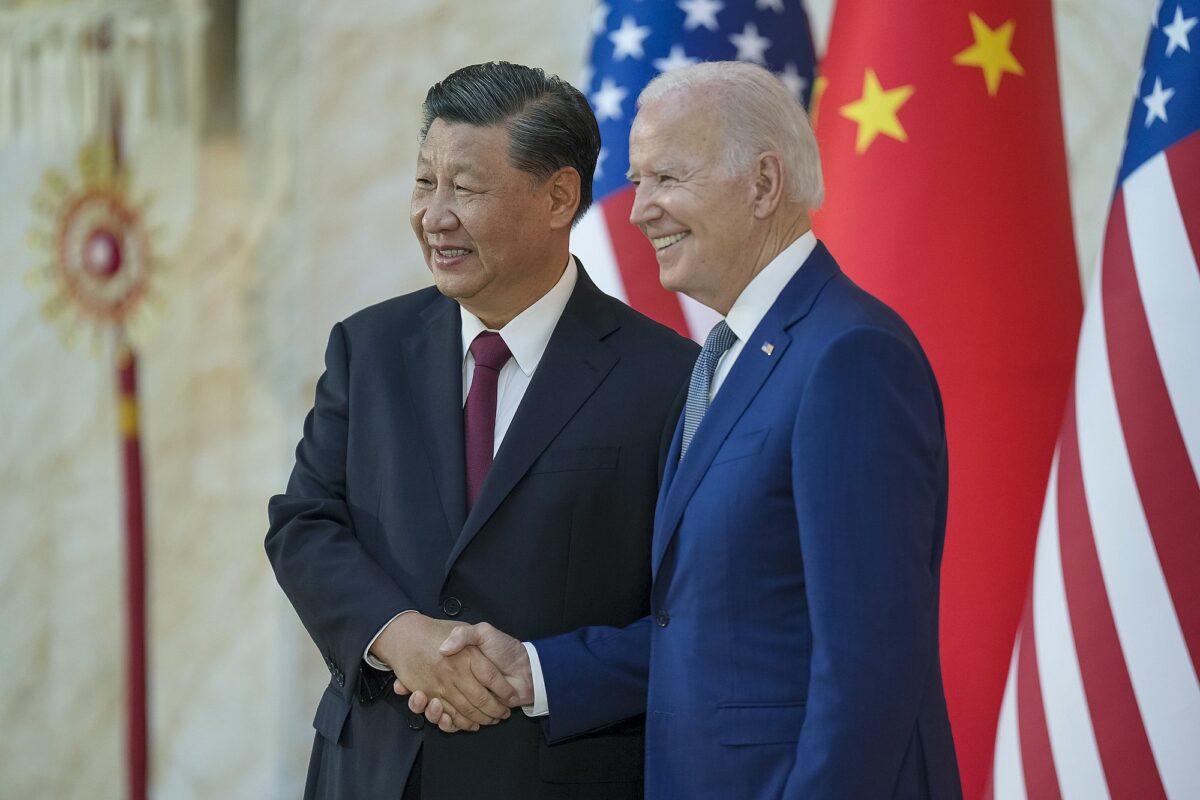Mar 21, 2024
With the collapse of the Soviet Union in December 1991, the Cold War officially came to an end and inspired the promise of a fresh start to geopolitics as the United States emerged victorious as the dominant world superpower. Yet, only three decades later, the world is once again moving closer to another nuclear arms race. Russia, the Soviet Union’s heir apparent, and a resurgent China have been modernizing and expanding their nuclear arsenals. The United States, facing a choice to either uphold the norms of the last 30 years and get left behind or modernize its nuclear arsenal to strategically compete with its adversaries, has chosen the latter and invested $634 billion over the next decade to revamp everything from new nuclear submarines to the warheads themselves. With multiple conflicts occurring around the world such as Israel’s war with Hamas in Gaza and Russia’s war in Ukraine, full-throated participation in a three-way nuclear arms race only heightens the volatility and dangers of world affairs, especially after Putin threatened to use nuclear weapons in Ukraine. Despite all of this, the United States can still find areas of mutual cooperation with Russia and China in order to negotiate an arms control agreement that can not only alleviate boiling international tensions but significantly mitigate a trilateral nuclear arms competition from spiraling out of control.
China’s willingness to participate in a nuclear arms control treaty with the United States may hold the key to securing an agreement that both secures Russia’s commitment to actively engage in trilateral discussions and follow through in its implementation. After China’s President Xi Jinping and U.S. President Joseph Biden met in November 2023, the latest signs of a softening relationship between the two countries have provided a unique opportunity to seek nuclear arms control, particularly as there have been signs of mutual cooperation in other areas such as climate change and military-to-military communication. China had previously shown no willingness to engage in bilateral nuclear arms control talks with the United States, however, the improvement in relations between the two countries, along with the “no limits friendship” between President Xi and Russia’s President Vladimir Putin now offers a unique opportunity to mobilize discussions.
While stabilized relationships are a necessary factor to jumpstart serious dialogue on trilateral nuclear arms control, a sign of good-faith and seriousness by all actors will also likely be required. President Xi and President Putin’s relationship is largely a product of their similar grievances and mistrust towards the United States so it would mostly fall to the United States to take the initiative in signaling to China its sincerity in recognizing them as a co-equal partner and their willingness to engage on this issue. A major and noteworthy step the United States could take to effectively accomplish this would be to abandon its current nuclear weapons doctrine and squarely commit itself to a No First Use policy. During the 2020 campaign, President Biden committed to reconsidering the adoption of a No First Use policy, but he quickly reversed course and continued with the established reliance on First Strike policy after assuming the presidency. If President Biden were to announce an actual shift in policy, particularly as a measure of good faith towards China, it could significantly help to fully engage China in nuclear arms control discussions. China’s commitment to No First Use has been In effect for decades and has also been one of the major points of contention in previous arms control talks with the United States. In adopting a No First Use policy, the United States would strategically recognize China’s outlook on nuclear weapons and signal its seriousness in committing to discussions as partners.
If a successful and productive meeting between the U.S. and China on a nuclear arms control agreement could occur, it is possible that Russia could then be similarly engaged. While there are clearly limits to the “no limit” friendship between Putin and Xi, the use of their relationship may provide the vehicle to start the necessary conversations. An attempt by the United States or President Biden to engage Putin on arms control would likely not amount to any real consideration, especially as the war in Ukraine rages on, however, Putin may consider listening to Xi. President Xi can underscore the necessity of their participation or convey the consequences of Russia’s refusal – they can either work together or Russia can degrade its status as a serious nuclear world power and be left behind.
While so much can happen to undermine this opportunity, there is a very clear and present need for additional nuclear arms control between the United States, Russia, and China that can hopefully be accomplished if this moment is properly seized.
Jared Sofia is a first-year graduate student in the Schar School’s International Security Program. He holds a B.A. in International Studies with a concentration in National Security and Foreign Policy and a minor in History from American University. His research interests include U.S.-Russia relations, nuclear non-proliferation, and European politics & security. After earning his degree, he hopes to pursue a career in the federal government working in foreign policy and national security.
Photo can be found here.




